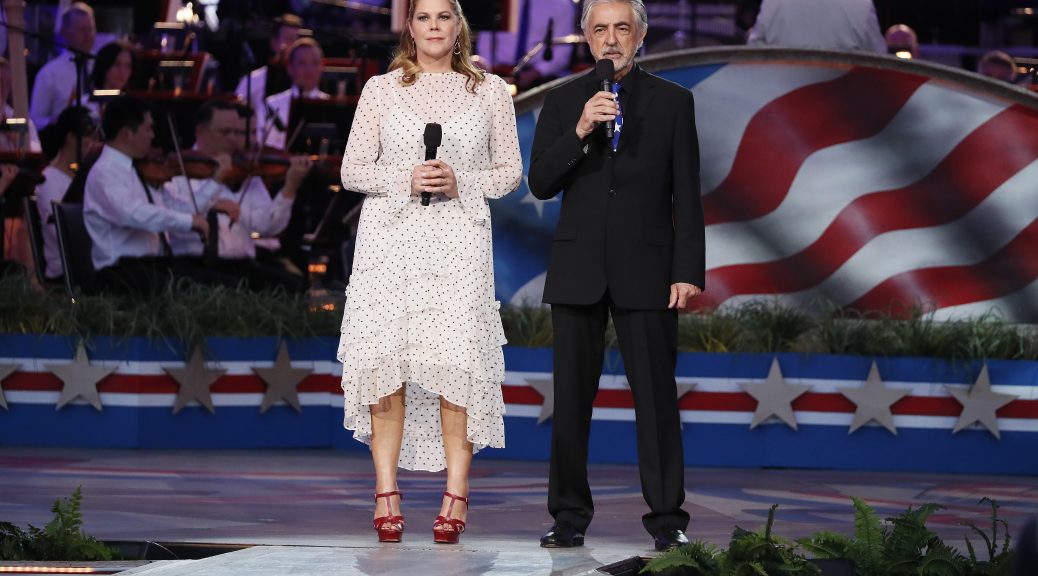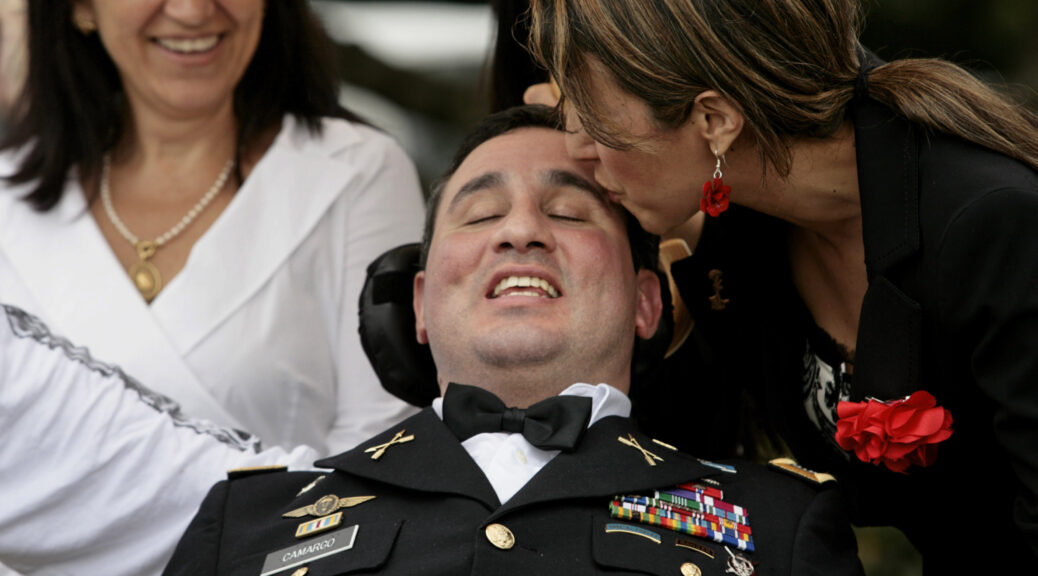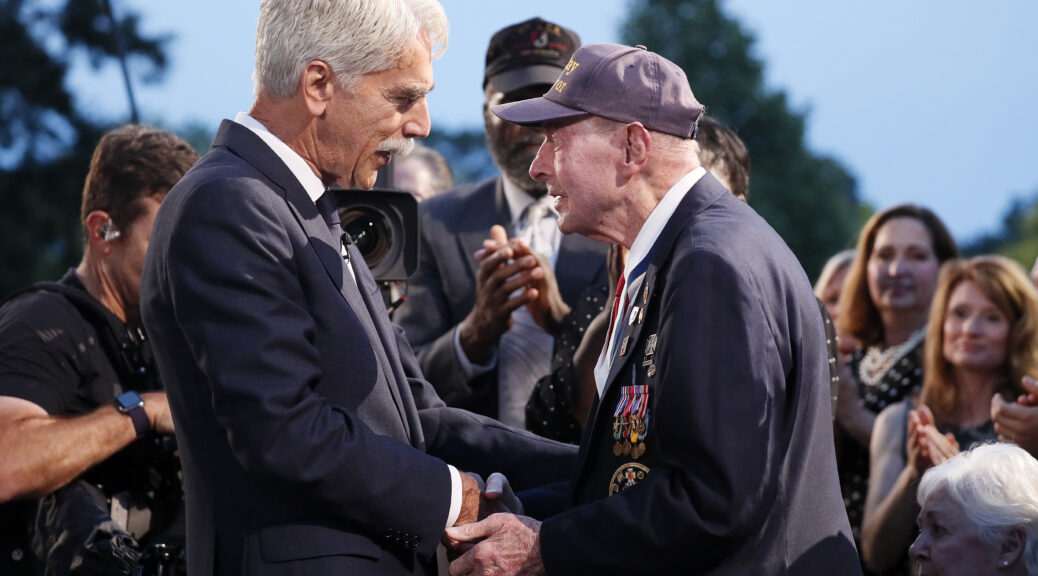The show must go on! The 31st National Memorial Day Concert will take place this year, but will look very different. Mary McCormack, who has appeared on the show four times now, explains what some of the notable changes are.
By: Heather Newgen
For the last three decades, PBS has beautifully honored American military heroes on their award-winning National Memorial Day Concert, and the tradition continues. While the event, which is attended by hundreds of thousands of people, is typically held on the West Lawn of the U.S. Capitol Building, this year it will be aired as a virtual concert. Longtime hosts Gary Sinise and Joe Mantegna are returning, as well as Mary McCormack.
“This year they added a section honoring the people on the frontlines of the COVID crisis, so that’s pretty incredible. I think it’s going to be really moving. It’s always really moving, but I think this year it may be even more moving in a different way because it’s going on when all this is happening,” McCormack told The Voluntourist.
RELATED: How Special Forces Officer Romulo Camargo, paralyzed in combat, gives back to other veterans
The former West Wing star added, “My dad was a Marine, long before I was born, but you grow up with a sense of gratitude and reverence for what the militaries does and their families. This year I get to do a tribute to the Gold Star families, which is such an honor because they are also giving so much. We forget about how much they’re giving to all of us. It’s a real honor to be a part of it. In this climate in America, where everything is right now angry and dangerous and partisan and heated, this is a non-partisan, as it should be. I think because of that it’s really healing. It’s nice to feel something that we can all get behind together.”
RELATED: Exclusive: Trace Adkins on honoring veterans and performing at the National Memorial Day Concert
The 90-minute show will include performances by “Harriet” star Cynthia Erivo, Renée Fleming, three-time Grammy nominee Trace Adkins, 12 -time Grammy Award winner CeCe Winans, Hamilton star Christopher Jackson and the National Symphony Orchestra.
In addition, A-listers like George Clooney, Jennifer Garner, Gwyneth Paltrow, Julianne Moore, Mark Wahlberg and more will deliver pre-taped messages to the troops.
The National Memorial Day Concert will air on Sunday, May 24, at 8/7c on PBS.



 Romulo and Gaby Camargo
Romulo and Gaby Camargo